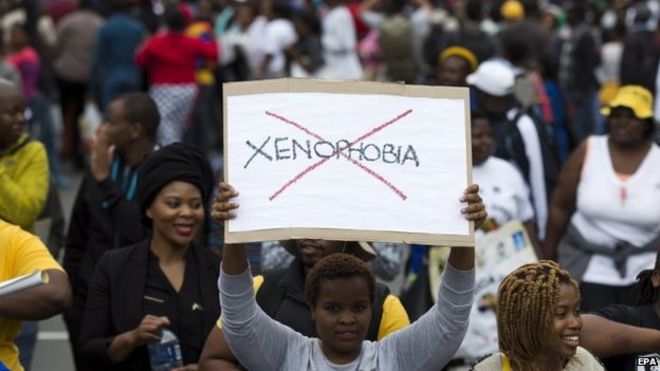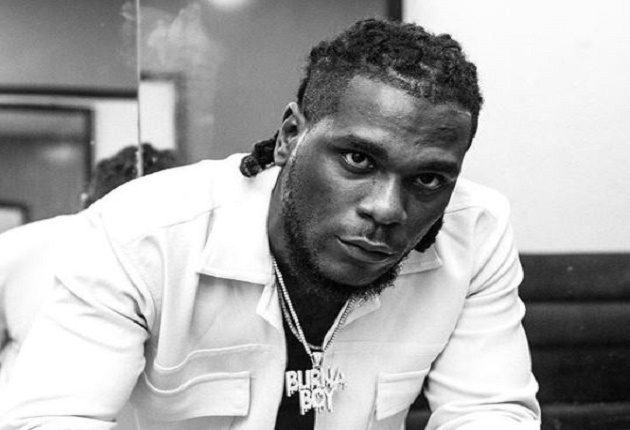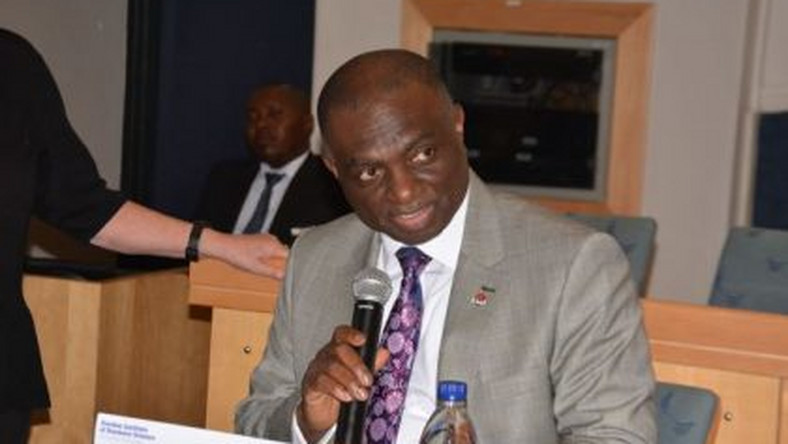Reports say a Nigerian, who had gone to lodge a protest against the dispatch of his fellow countrymen by a ravening, xenophobic bloodhound in South Africa at Shoprite, Lekki, Lagos, ended up becoming a victim of the untamed violence of Nigeria’s security agents.
Tragic! How can the lives of citizens matter abroad, when they are killed unchecked in the country?
Really, I do not know how to feel about this. Since the importunate attacks on Nigerians in South Africa, I have not read or seen it anywhere that the country’s security agents killed any arsonist, aggressor or slasher.
In fact, in 2017, Bongai Mkongi, South Africa’s deputy minister of police, excused the killing of foreign nationals in his country. According to him, his people are fighting for their entitlements.
Advertisement
‘’You will not find South Africans in other countries dominating a city up to 80 percent. We cannot surrender South Africa to foreign nationals,’’ he said.
That was a South African security chief.
Also, in 2018, during his campaign, Cyril Ramaphosa, South African president, vocalised the deep but obvious xenophobic intentions of his administration. He declared unbridled that foreign nationals would be hounded and their businesses shut down ‘’no matter where they come from’’. His statement sent the hordes of xenophobes into action as shops of non-citizens were raided that day.
Advertisement
As a matter of fact, the killing of foreign nationals, particularly Nigerians in South Africa, appears to be sanctioned by the state. Why are the assailants, arsonists and criminals not being prosecuted?
It is common knowledge that the prevailing thought in that country is that foreign nationals are taking their jobs, annexing their land and winning their women over. This is a country where 80 percent of land is owned by the whites just as they do the commanding heights of the economy.
But really, how are foreign nationals ‘’couping’’ South African cities economically? A country with a population of about 1.5 million Africans from other countries, who are mostly retail traders, artisans and labourers?
I think, the South African problem is symptomatic of a lack of education and the residency of bigotry and low self-esteem. The natives would rather blame their troubles on other people who look like them than confront the real issues.
Advertisement
However, I believe the Nigerian government does not get it. It should cease the spasmodic whining, “we helped South Africa fight apartheid”, if it cannot take a definitive action against a country that has enabled the killing and economic impoverishment of its citizens.
That Nigeria helped South Africa emerge from oppression means nothing to the average South African. In fact, what some of them are saying derisorily — on social media — is “while you were helping us fight apartheid what were you doing developing your own country?”
After the rabble-rousing by Nigeria’s foreign affairs minister, Geoffrey Onyeama, what has the country done in 24 hours of reports of the attacks beyond diplomatic niceties?
The Nigerian is an orphan. South Africans attack Nigerians, dismissing Nigeria’s sacrifice in the past; Ghanaians attack and humiliate Nigerians despite Nigeria’s expansiveness towards their country; Cameroonians violate Nigerians, and some other Africans give us the same raw deal.
Advertisement
But how does Nigeria respond to all these violations against its citizens? We persist in acting the “big brother”, which I believe comes from a place of weakness, insecurity and helplessness.
Nigeria acting the “big brother” in these instances is to conceal its impotence. What option does it have? How can it command the respect of its neighbours when the leadership has failed to deliver good governance to its citizens? When the country is the poverty capital of the world and when development is below basic level?
Advertisement
The fact is, no country will respect another country, whose citizens are killed, stripped of dignity and material possession in its territory, and there is no definitive response from the assaulted nation.
What is happening in South Africa should be a lesson to us on matters of foreign relations if we will learn. Reciprocity underpins international relations today.
Advertisement
Enough of the foolery. Nigeria first.
Advertisement
@FredrickNwabufo
Add a comment







